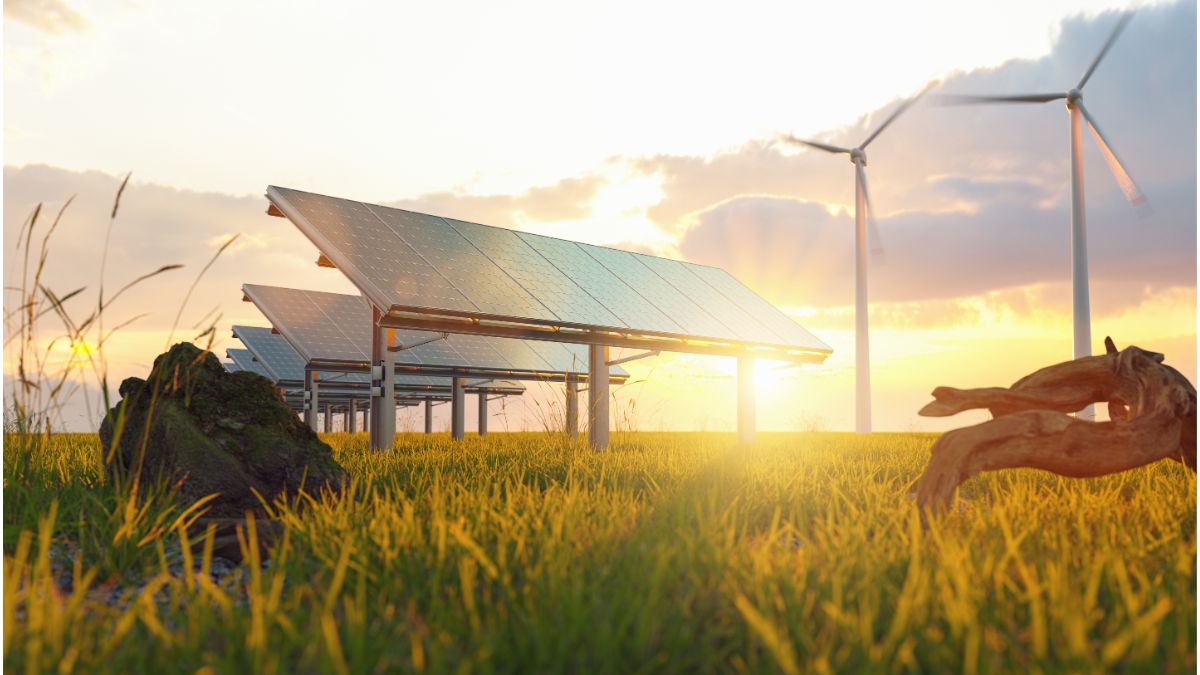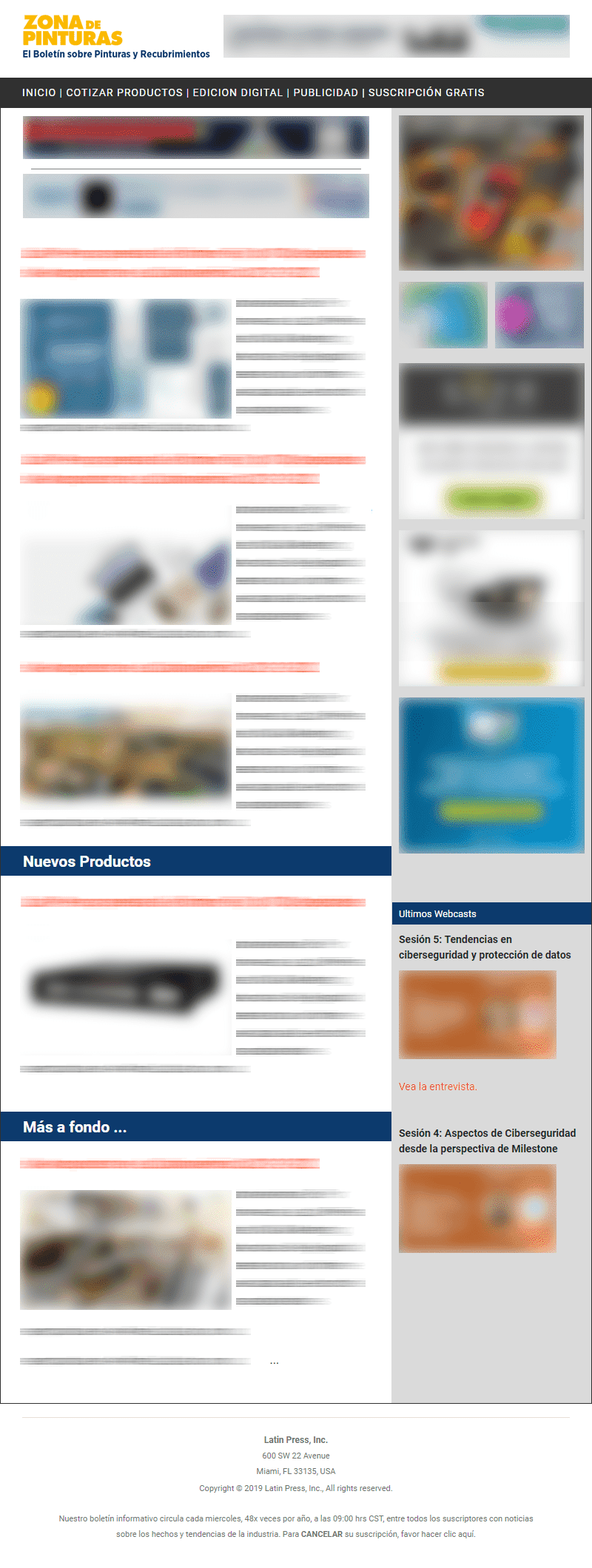International. Evonik's adhesive resins and coatings business line achieves a significant reduction in carbon emissions by boosting production of Degacryl specialty acrylates in Darmstadt with electricity from renewable sources.
This initiative, which has been in force since the beginning of the year, represents an annual CO2 saving of around 1,400 metric tons.
The shift to renewable energy aligns with the business line's commitment to sustainability. "In addition to a strong focus on products that provide our customers with more sustainable solutions through handprinting, this also includes reducing Degacryl's carbon footprint," said Dr. Claudia Meister, Director of Specialty Acrylics.
With lower CO2 emissions, the business line helps to achieve its own sustainability goals while also meeting market requirements. "Our customers are demanding more and more sustainably manufactured products. We can now support our customers even better in this area and at the same time reduce our scope 1/2 emissions," Meister added.
The supply of electricity from renewable energy sources is ensured through green electricity certificates and special supply contracts known as power purchase agreements (PPAs).
The integration of green electricity into the production process is another key element for a more sustainable production of specialty acrylates. For many years, the steam needed for production comes from a local waste-to-energy plant, using waste heat to generate additional value.
Degacryl special acrylates produced in Darmstadt are used in a wide range of applications. In the packaging industry, they are essential for heat-sealed lacquers used in dairy packaging, among others, promoting the creation of eco-friendly packaging solutions.


























Leave your comment